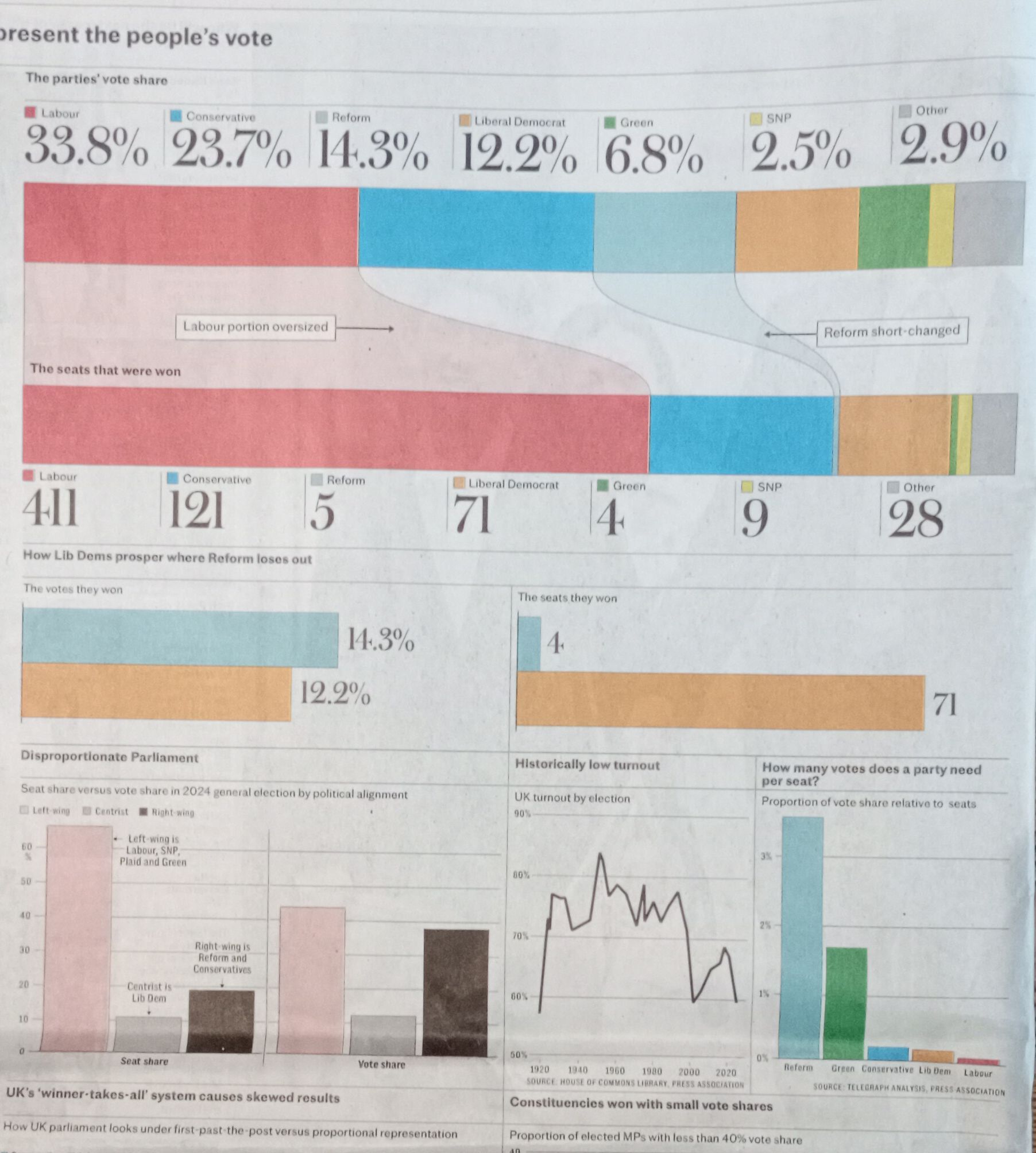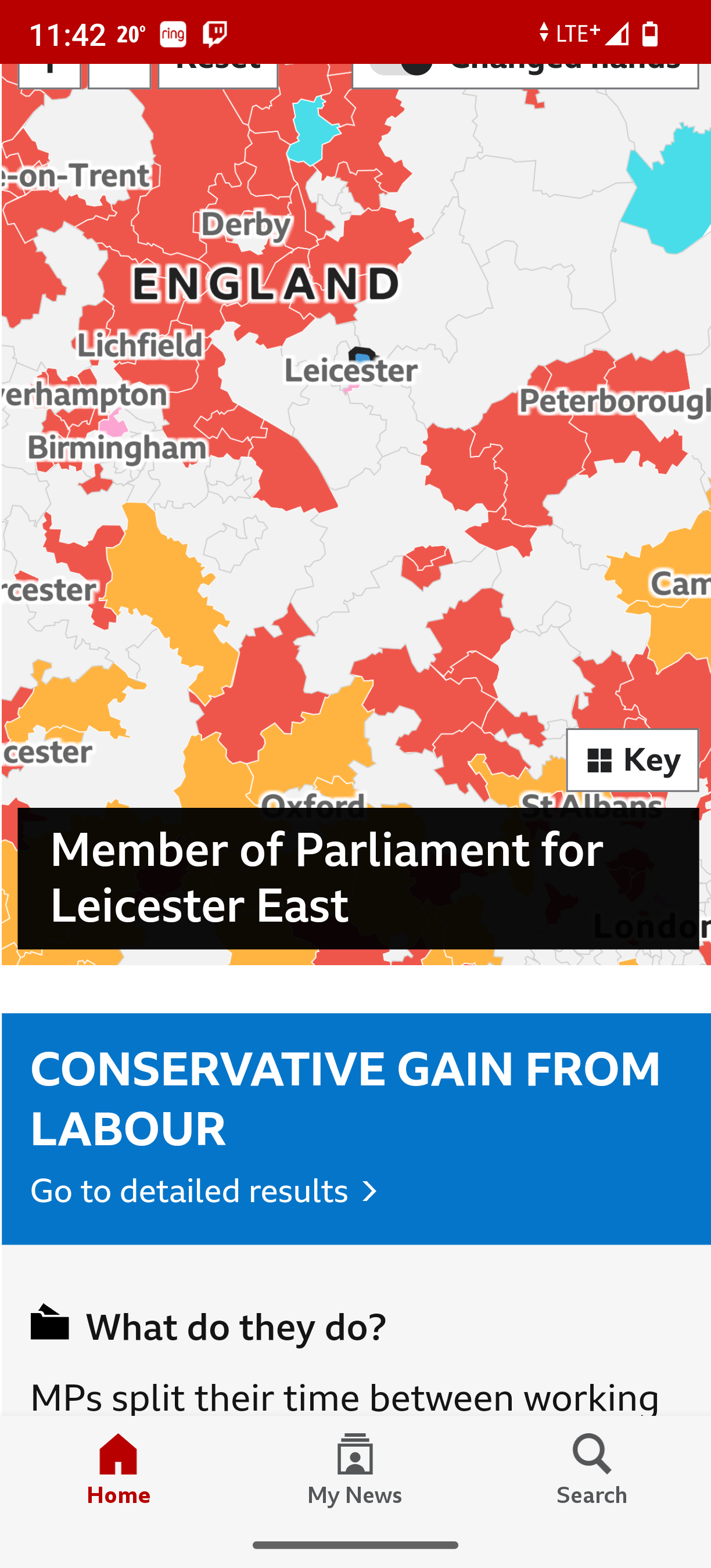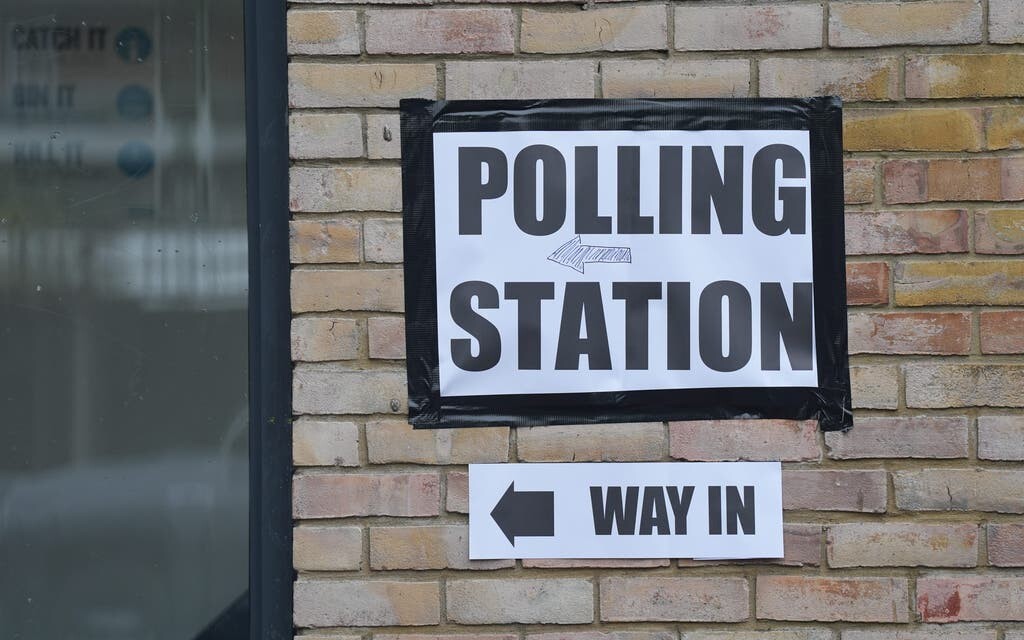The 2024 Labour manifesto may be titled ‘Change’, but it underscores the paucity of ambition in the economic plans of the government-in-waiting. Consisting of a few minuscule tweaks to tax provisions and loopholes and some pocket change in terms of additional expenditure — around £10bn annually, or just 0.4 per cent of Gross Domestic Product (GDP) — the economic programme they have laid out is modest in the extreme.
[…] [Labour argues] that, because the Tories have so damaged the economy, resources aren’t available immediately to do all the things that are needed — that the country can’t afford a transformative programme, and that public spending increases will have to wait for (and be predicated on) future increases in economic growth. Hence the straitjacket into which they have willingly placed themselves with their ‘fiscal rules.’
This argument is economically illiterate and historically obtuse. Britain is the sixth richest country in the world today — and one of the wealthiest societies in all of human history. Despite the dire state of the country, the problem is not a shortage of resources, but rather that plentiful resources are hoarded at the top. After more than four decades of neoliberalism, the situation is one of vast private affluence amidst widespread public squalor. That Britain does not feel affluent is a result of the extremes of growing inequality and the diversion of wealth and productive capacity away from public goods and services to elite private accumulation and consumption.
[…] Even if had Labour maintained their now-abandoned £28 billion-per-year green investment pledge, that would have represented only 1.3 per cent of GDP, or — as has been pointed out — around half of the annual increase in wealth of the top 200 families in Britain since the start of COVID-19 pandemic.
It is not only the scale of Labour’s economic programme that falls short, but also the underlying approach to economics it represents. We are told that we lack sufficient resources to make the public investments that are required, and that we must therefore avoid frightening the horses with taxation or nationalisation and instead create the stability business craves, delivering an economic strategy that will encourage increased private sector investment and result in growth (‘wealth creation’) that will benefit all.
Everything about this approach is wrong — especially the backwards causal relationship between public investment and growth — and its name is ‘trickle-down economics.’
But it gets worse. In the absence of public investment, Labour is betting the house on attracting more expensive private capital. What meagre additional public funds are to be made available will largely go to ‘de-risking’ (whereby the public agrees to absorb the greater part of any risk of losses on highly favourable terms for private capital), which will supposedly help fill the public investment gap through forms of public-private partnership — a model we have seen in the past in the form of the Private Finance Initiative (PFI) under the Blair/Brown era New Labour governments. At the heart of all this will be the financial sector — whom both Starmer and Reeves have encouraged, publicly and privately, to get their ‘fingerprints’ all over Labour’s economic policy.
Starmer’s Labour, we are told, is ‘set to land billions in new investment from banks and international firms within months, as part of a plan to use private finance’ for infrastructure investment and the green transition — PFI on steroids! One of the journalists who broke this story described Labour’s plan as being akin to ‘getting BlackRock to rebuild Britain.’
Here we find the most momentous of Labour’s economic policy commitments, a pledge to privatise and mortgage the future through handing over infrastructure investment and the green transition to private finance so they can monopolise, profit, and extract from the next economy as well as our present one. This is the polar opposite of the Green New Deal. It’s not new, it’s a terrible deal, and the danger is that, in elevating financial returns over environmental ones, it won’t be green either.
The real term for the Starmer/Reeves approach, properly situated in the recent history of Britain’s political-economic development, is ‘financialisation’. Financialisation (to borrow a definition from economists Michael Hudson, Dirk Bezemer and Howard Reed) is the diversion of financial flows away from the real economy of production and consumption and towards asset markets in pursuit of capital gains.
Financialisation is a complex phenomenon, but has enormous explanatory power as to the causes of Britain’s highly unequal and dysfunctional economy of growing poverty in the midst of plenty. Far from boosting productivity and increasing efficiency in the non-financial economy, the growth of the financial sector functions as a subtraction from the real economy, as ‘financial flows are diverted to unproductive uses and… the resulting revenue flows benefit a minority. As financialisation gathers pace, rising wealth and debt detract from income for the majority.’
In such an economy, what is counted as ‘growth’ matters a great deal. Every financial asset is at one and the same time someone else’s financial liability — and as the holdings of the financial sector have increased, so too has the debt held by households and businesses in the non-financial economy. This process helps explain the squeeze-play of recent years, whereby nominal economic growth has in reality been experienced as reduced income through increased extraction and indebtedness.
[…]
The financial sector, then, is extractive from the real economy. And given that all income groups are paying ever more into the finance sector in fees and interest charges and for underlying assets while the payouts from the sector are even more concentrated than those of the economy as a whole, the finance sector has also become the locus of the production of increased inequality in the UK economy.
This, then, is the economic engine that Labour has installed at the heart of its economics — a machine that lowers not increases growth, and concentrates the returns amongst the wealthiest asset owners, driving inequality and indebtedness.
The plan now is to deploy this machine for financial extraction increasingly in public services, including the NHS, and in energy markets and infrastructure to supposedly drive the green transition. It will be a veritable bonanza for finance capital — and a very costly exercise for the rest of us. Astonishingly, Starmer and Reeves have effectively doubled down on one of the principal causes of Britain’s poor, uneven, and unequal economic development and rebadged it as the solution.



